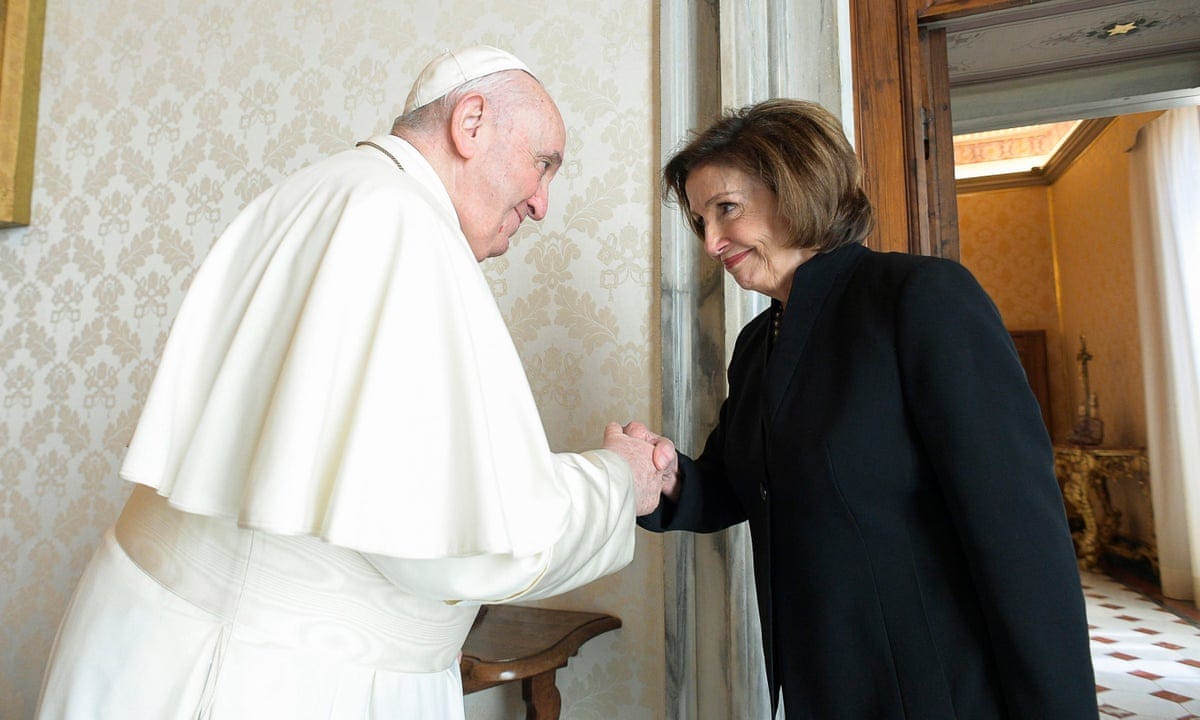America's Most Powerful Catholic Woman Announces Retirement from Congress
When America’s most powerful Catholic woman announced her retirement from Congress, she did so quoting her city’s patron St. Francis: “Lord, make me an instrument of thy peace."
Thank you for reading! Letters from Leo is a reader-supported publication. If you find value in my work, please consider becoming a paid subscriber or making a one-time donation.
On Thursday, Speaker Emerita Nancy Pelosi announced her retirement from the United States Congress in a video where she quoted words attributed to the patron of her city St. Fra…



